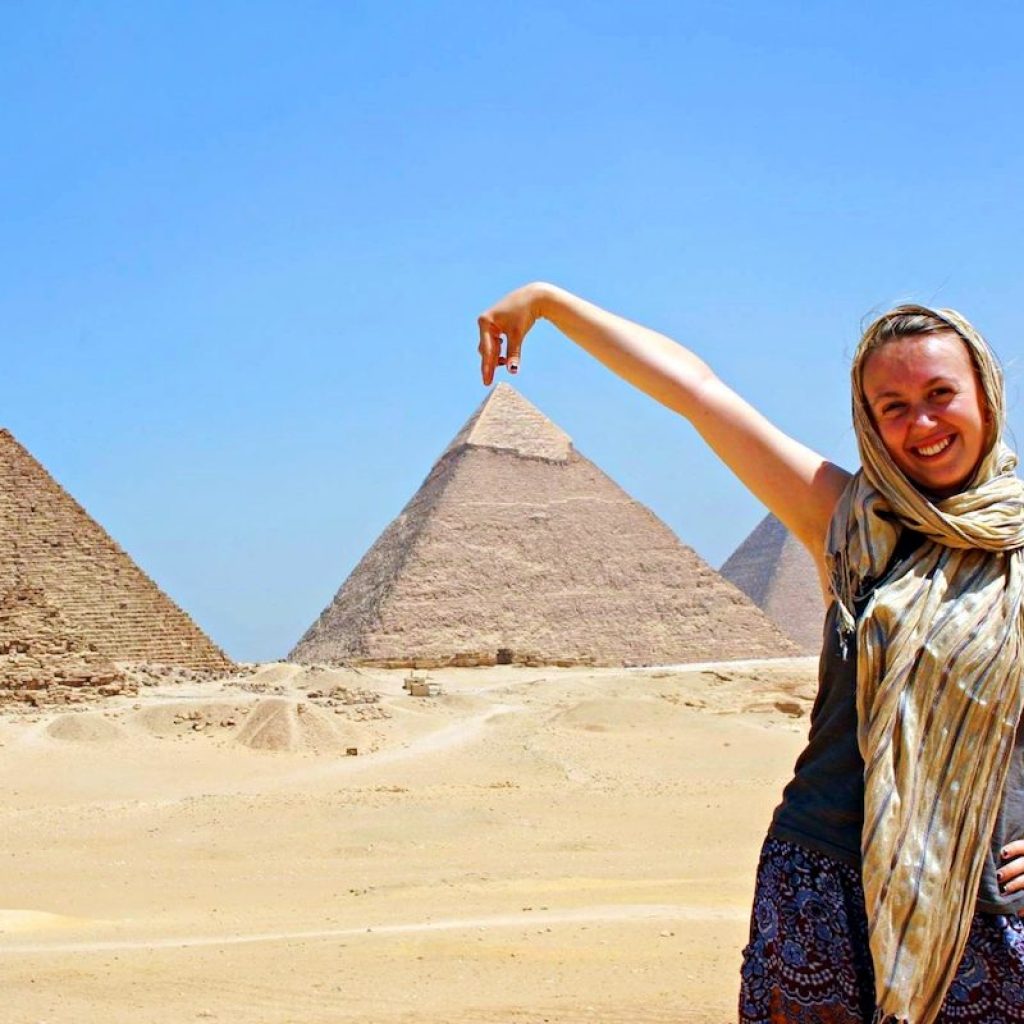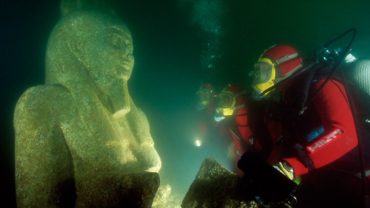Guided Tours Unlocking the World One Step at a Time

Contents:
- Introduction
- Developing Guided Tours
- Advantages of Selecting Guided Tours
- Types of Guided Tours
- Creating the Ideal Guided Tour
- A Tour Guide and his Responsibilities
- Technology’s Impact on Guided Tours
- Guided Tour Safety and Protection
- Sustainable and Responsible Tourism
- Future Trends in Guided Tours
- Conclusion
- FAQs
Introduction:
Guided tours have long been a popular way for travelers to explore new destinations, offering a structured and informative experience that maximizes enjoyment and learning. Whether it’s a historic city, a natural wonder, or a cultural landmark, guided tours provide an in-depth understanding of the sights and sounds around us. This article delves into the world of guided tours, exploring their evolution, benefits, and future trends.

1. Developing Guided Tours
Guided tours have evolved significantly from their early beginnings. In ancient times, travelers would hire local experts to show them around unfamiliar cities and regions. These early guides were often scholars, merchants, or locals with extensive knowledge of the area. Over time, the concept of guided tours formalized, especially with the advent of tourism in the 19th century. Today, guided tours are a professional industry, offering specialized experiences across the globe.
2. Advantages of Selecting Guided Tours
Choosing guided tours comes with a plethora of benefits. First and foremost, they provide expert knowledge and insights that are not easily accessible through independent travel. Tour guides can offer historical context, cultural significance, and local anecdotes that enrich the travel experience. Additionally, guided tours often include exclusive access to sites, time-saving itineraries, and a sense of safety and security.
3. Types of Guided Tours
There is a wide variety of guided tours available to suit different interests and preferences. Some of the most popular types include historical tours, cultural tours, adventure tours, food and wine tours, and wildlife tours. Historical tours focus on significant events and landmarks, cultural tours explore local traditions and customs, adventure tours offer thrilling activities, food and wine tours indulge culinary enthusiasts, and wildlife tours bring travelers close to nature.

4. Creating the Ideal Guided Tour
Organizing a guided tour requires several essential steps. First, travelers need to choose their destination and decide on the type of tour they are interested in. Researching and selecting a reputable tour company is crucial for a successful experience. It’s important to consider the itinerary, group size, accommodation, and transportation options. Travelers should also read reviews and testimonials to gauge the quality of the tour. Booking in advance and ensuring all necessary travel documents are in order will help avoid last-minute hassles.
5. A Tour Guide and his Responsibilities
Tour guides play a vital role in the success of guided tours. They are responsible for leading the group, providing information, and ensuring everyone’s safety and enjoyment. A good tour guide is knowledgeable, personable, and able to adapt to different group dynamics. They should be able to handle unexpected situations with ease and keep the group engaged. Their passion for the destination and ability to tell compelling stories can make a significant difference in the overall experience.
6. Technology’s Impact on Guided Tours
Technology has had a profound impact on guided tours. Modern tools such as audio guides, GPS-enabled devices, and augmented reality apps have enhanced the way information is delivered. Audio guides allow travelers to explore at their own pace, while GPS devices ensure they never get lost. Augmented reality apps provide interactive and immersive experiences, bringing history and culture to life. Social media and online platforms also play a role in marketing and sharing guided tour experiences.

7. Guided Tour Safety and Protection
Safety and security are paramount in guided tours. Tour companies take numerous measures to ensure the well-being of their clients. This includes thorough risk assessments, emergency protocols, and continuous communication with local authorities. Guides are trained in first aid and crisis management, ready to handle any unforeseen situations. Travelers are advised to follow the instructions provided by their guides and remain aware of their surroundings at all times.
8. Sustainable and Responsible Tourism
Sustainable and responsible tourism is becoming increasingly important in the guided tours industry. Tour companies are adopting eco-friendly practices to minimize their environmental impact. This involves cutting waste, saving energy, and helping local communities. Responsible tourism also involves respecting local cultures and traditions, promoting fair trade, and protecting wildlife. Travelers are encouraged to choose tours that prioritize sustainability and contribute positively to the destinations they visit.
9. Future Trends in Guided Tours
The future of guided tours looks promising with several emerging trends. Virtual and augmented reality are set to revolutionize the way tours are conducted, offering virtual tours and enhanced on-site experiences. Personalized tours tailored to individual interests and preferences are becoming more popular. There is also a growing demand for niche tours, such as wellness retreats, photography tours, and volunteer tourism. Additionally, the focus on sustainable and ethical tourism will continue to shape the industry.

Conclusion
Guided tours offer a unique and enriching way to explore the world. From their historical roots to modern advancements, they provide countless benefits and cater to diverse interests. As the industry evolves, will continue to adapt, embracing technology and sustainability to offer memorable experiences. Whether you love history, seek adventure, or enjoy culture, a guided tour awaits you.

FAQs
- What occurs during a guided ?
A guided is a travel experience led by a knowledgeable guide who provides information, insights, and assistance to a group of travelers. - What advantages do guided offer?
Benefits include expert knowledge, exclusive access to sites, time-saving itineraries, and enhanced safety and security. - How can I pick a guided ?
Choose based on your interests, destination, and the reputation of the tour company. Reading reviews and considering the itinerary and group size are also important. - What kinds of guided can I choose from?
Types include historical, cultural, adventure, food and wine, and wildlife tours, among others. - What effect has technology had on guided ?
Technology has introduced tools like audio guides, GPS devices, and augmented reality apps, enhancing the tour experience. - What measures ensure safety in guided ?
Tour companies conduct risk assessments, have emergency protocols, and train guides in first aid and crisis management. - What is sustainable tourism in guided ?
Sustainable tourism involves eco-friendly practices, supporting local communities, and promoting responsible travel to minimize environmental and cultural impacts.





Comment (0)